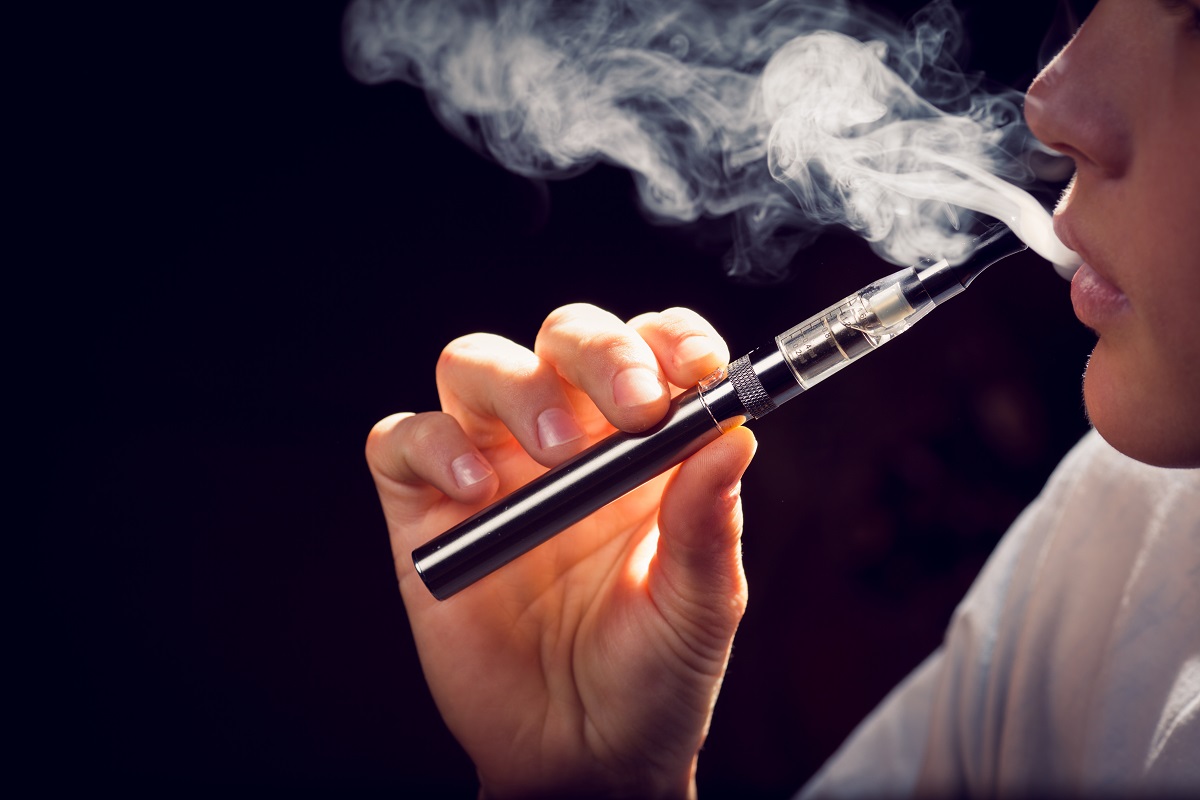
Moves to introduce e-cigarette regulation have been slow because scant information or evidence exists about the effects of people using e-cigarettes daily.
Flinders University Politics and Public Policy expert Dr Joshua Newman says that for the past decade, state and federal governments in Australia have done almost nothing to regulate e-cigarettes – largely because they didn’t have enough information to build a policy on.
“If we want better regulation now in Australia, then we’ll have to invest in better information and evidence about the effects of e-cigarettes,” says Dr Newman, who has published an article in the journal Politics and Policy that identifies why clouds of uncertainty exist around possible e-cigarette legislation.
“For instance, we have no idea what the long-term effects are of persistent daily inhalation of propylene glycol – a major component of e-cigarette liquid. No one has been using them long enough. It’s therefore far too early to declare e-cigarettes safe for daily use.”
Dr Newman questions weak evidence behind claims that e-cigarettes are good for helping people to quit smoking. While anecdotal evidence suggests e-cigarettes have worked for some people, existing data shows success rates of only 10-12%, which is slightly better than nicotine gum but about on par with nicotine skin patches. It means that 80%-90% of people who try e-cigarettes to quit smoking will continue smoking.
However, Dr Newman also disagrees with arguments that e-cigarettes will encourage young people to start smoking.
“Evidence strongly suggests most vapers are current or former smokers. Vaping is not likely to be a gateway to smoking,” says Dr Newman. “At least, in the current environment where pretty much anyone can buy e-cigarettes in person or order them online, we do not have huge populations of young people using them to start smoking habits – but neither have huge populations of smokers suddenly quit smoking to become exclusive vapers.”
Dr Newman says the biggest issue with e-cigarettes is that an absence of regulation means that no manufacturing standards are applied to the products.
“E-cigarettes that are labelled ‘nicotine-free’ can actually contain nicotine,” says Dr Newman. “Devices are poorly made and leak toxic nicotine juice on users. Cheap batteries explode in people’s pockets. There are no child safety features. Customs and importation are not controlled. Sales are not policed or properly taxed.”
Dr Newman laments that governments are avoiding tough questions about this product by passing “no vaping” legislation to discourage people from vaping in places where smoking is already prohibited – but argues instead that what the industry urgently needs is some safety regulation.
Details of e-cigarette research are outlined in the article “The Role of Uncertainty in Regulating E‐Cigarettes: The Emergence of a Regulatory Regime, 2005‐15”, by Dr Joshua Newman, which has been published in the journal Politics and Policy.

